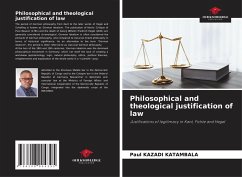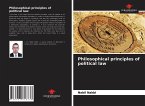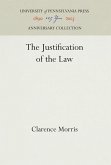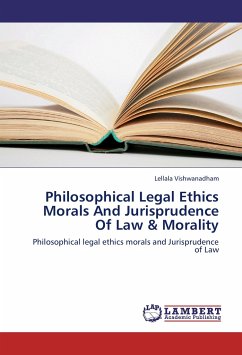The period of German philosophy from Kant to the later works of Hegel and Schelling is known as German Idealism. The publication of Kant's Critique of Pure Reason (1781) and the death of Georg Wilhelm Friedrich Hegel (1831) are generally considered chronological. German Idealism is often considered the pinnacle of German philosophy, and compared to classical Greek philosophy in terms of historical significance. As an alternative to the term "German idealism", this period is often referred to as classical German philosophy. At the turn of the 18th and 19th centuries, German idealism was the dominant philosophical movement in Germany, which set itself the task of creating a worldview (epistemology, logic, natural philosophy, ethics, political theories, enlightenment and explanation of the whole world in a "scientific" way).
Bitte wählen Sie Ihr Anliegen aus.
Rechnungen
Retourenschein anfordern
Bestellstatus
Storno








